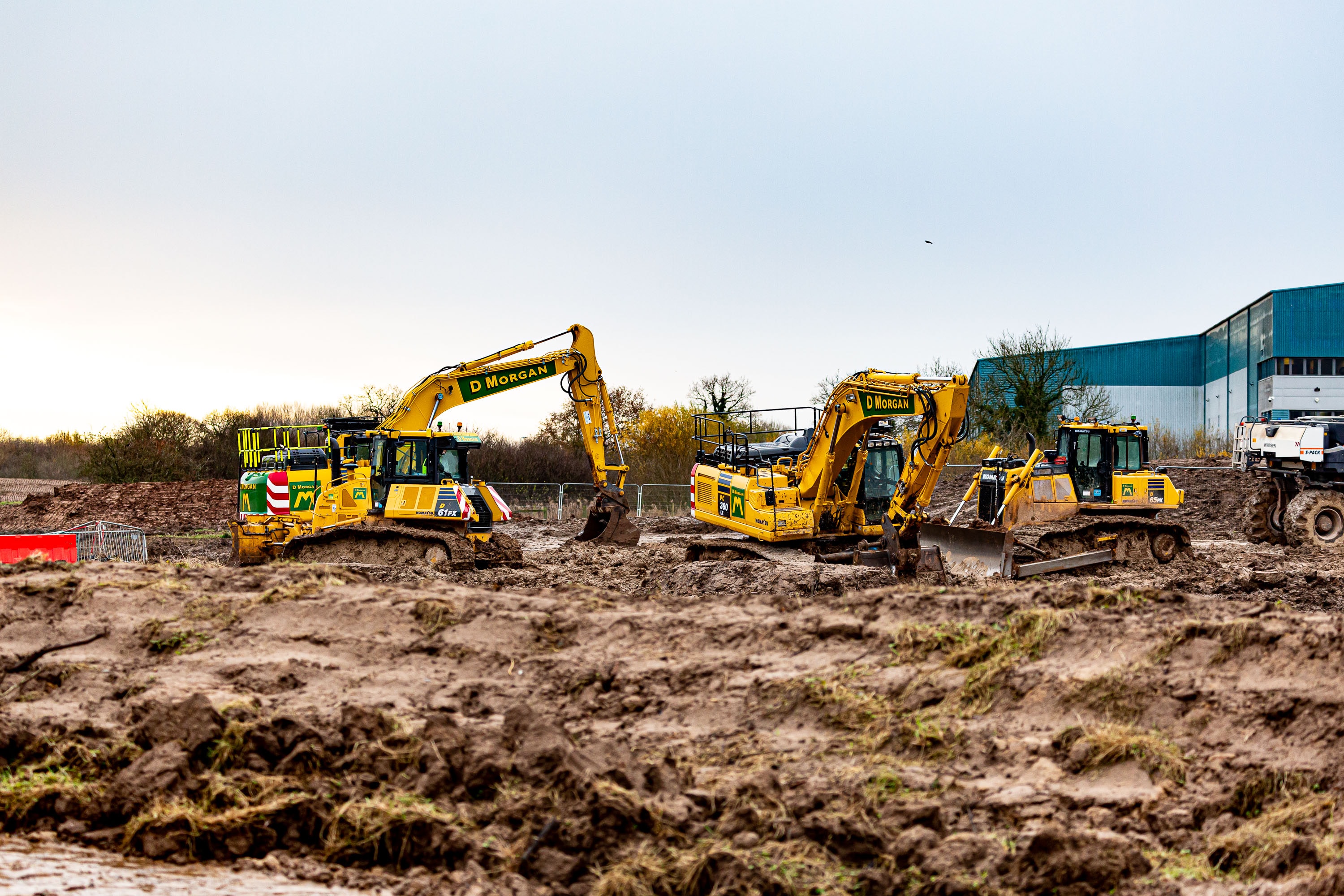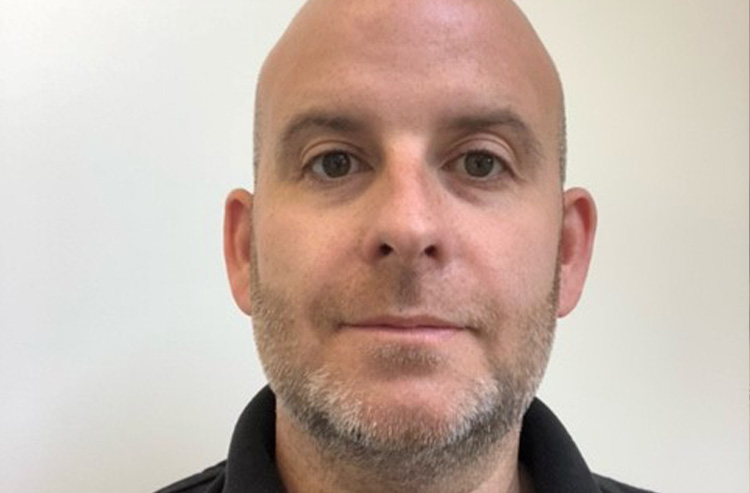Director of building services company Laser, Mechanical and Electrical Ltd Darren Evans is a former MBA student at Kent Business School. He has pioneered mental health and wellbeing initiatives within his organisation, something which inspired his MBA final project on health and wellbeing strategy within the sector. He has since been nominated for an AMBA Award.
Men who work in construction are three times more likely to die by suicide than the national average. Reports, including a recent survey from charity Mates in Mind suggest this is linked to not only high pressures and long hours away from loved ones but also a “macho” culture which prevents many workers from seeking support and help when they may need it.
Here, to mark World Mental Health Day Darren explains how he is pushing for change…
“I left school with a few qualifications and learnt everything I know within the military. The transition back to what is classed as ‘civilian life’ was a lonely place. I struggled without my comrades and the structure of military life. As a result, I suffered with depression.
Ironically, the construction industry was my next port of call, another male-dominated sector with many issues surrounding wellbeing and suicide, due to high levels of stress from industry demands, and issues surrounding loneliness.
The higher I moved up in the business, the more compelled I felt to make meaningful change. I realised that the construction industry is 99 per cent male dominated and full of people unwilling to talk about mental health. The cause is a toxic culture of masculinity that sees having emotions and feelings as a weakness.
Set on making a real change, I became the first in my company to take a Mental Health Aid course and become a fully-fledged Mental Health First Aider. This was not commonplace in construction industry pre-pandemic, and I have inspired seven other members of staff to do the same and we have seen the benefits already.
It’s not an easy role sometimes, but it is so rewarding. As a team of mental first aiders, we’ve helped one of our apprentices who felt suicidal by offering our time and advice and supporting him in obtaining professional help and therapy. We’ve eased another back into the working week with a careful plan after he experienced a breakdown due to anxiety after lockdown.

The pandemic has shone a light on mental health issues in construction. After being at home during lockdown, many construction workers left the industry. They realised they were much happier out of the toxic environment, until now it seemed to be an issue that no one was willing to address. Without caring about the wellbeing and mental health of our staff, we will lose them.
I undertook an MBA to deepen my understanding of academic theory and to gain a more varied network and perspective. I also knew I could use it as a platform to study more closely the role of wellbeing at work.
The MBA cohort have really helped me to see the wellbeing picture in a clearer light. My fellow students are from the NHS, computing businesses, project management, cyber security and many more. Their input and advice and their shared experience has opened up my eyes to the best practice for wellbeing and the things my industry is doing wrong – and in some cases, right.
I have now completed my MBA dissertation titled ‘Mental Health and Wellbeing in the Construction Industry’. I was lucky enough to have 90 responses to the survey which allowed me to gather important data highlighting the important issues affecting people working in the construction industry. The data from the survey highlighted that 79% of construction workers felt that their work directly effects their mental health. Worryingly 51% of construction workers were unaware if their organisations had a Mental Health and Wellbeing strategy in place.
This data identifies that although the conversation of mental health in the construction industry has improved over recent years there is still a lot of work needed to stimulate more conversations around the subject, the data also highlights that construction companies need to do more to promote their mental health and wellbeing strategies ensuring all employees have access and are aware what support is available for them if needed.
Fundamentally the issue with mental health in the construction industry comes down to those who work within it. We must learn to listen more and encourage more conversations around how we feel.”
For help and support with issues covered within this article visit Mental health support services – Help – University of Kent
Darren took an MBA at Kent Business School. This course delivers practical and applicable knowledge to develop innovative mindsets and responsible management skills.

